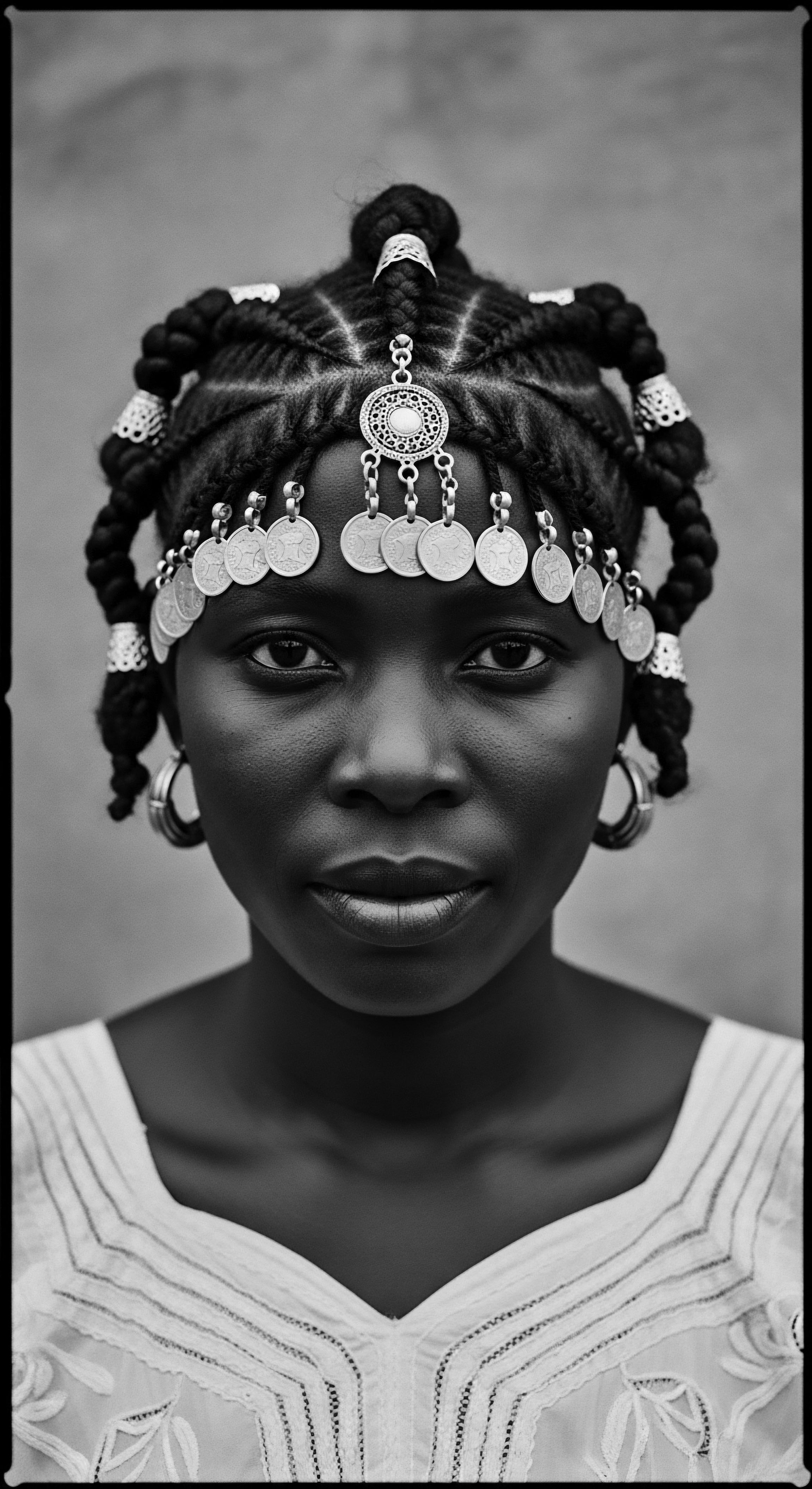
Which Ancestral Oils Best Hydrate Textured Scalps?
Ancestral oils like shea, Jamaican black castor, coconut, baobab, and olive oil hydrate textured scalps by providing protective emollients and deep moisture, honoring a rich hair heritage.

How Do Historical Styling Practices Inform Current Textured Hair Protection?
Historical styling practices, rooted in ancestral wisdom, offer direct blueprints for current textured hair protection, emphasizing moisture retention and minimal manipulation.
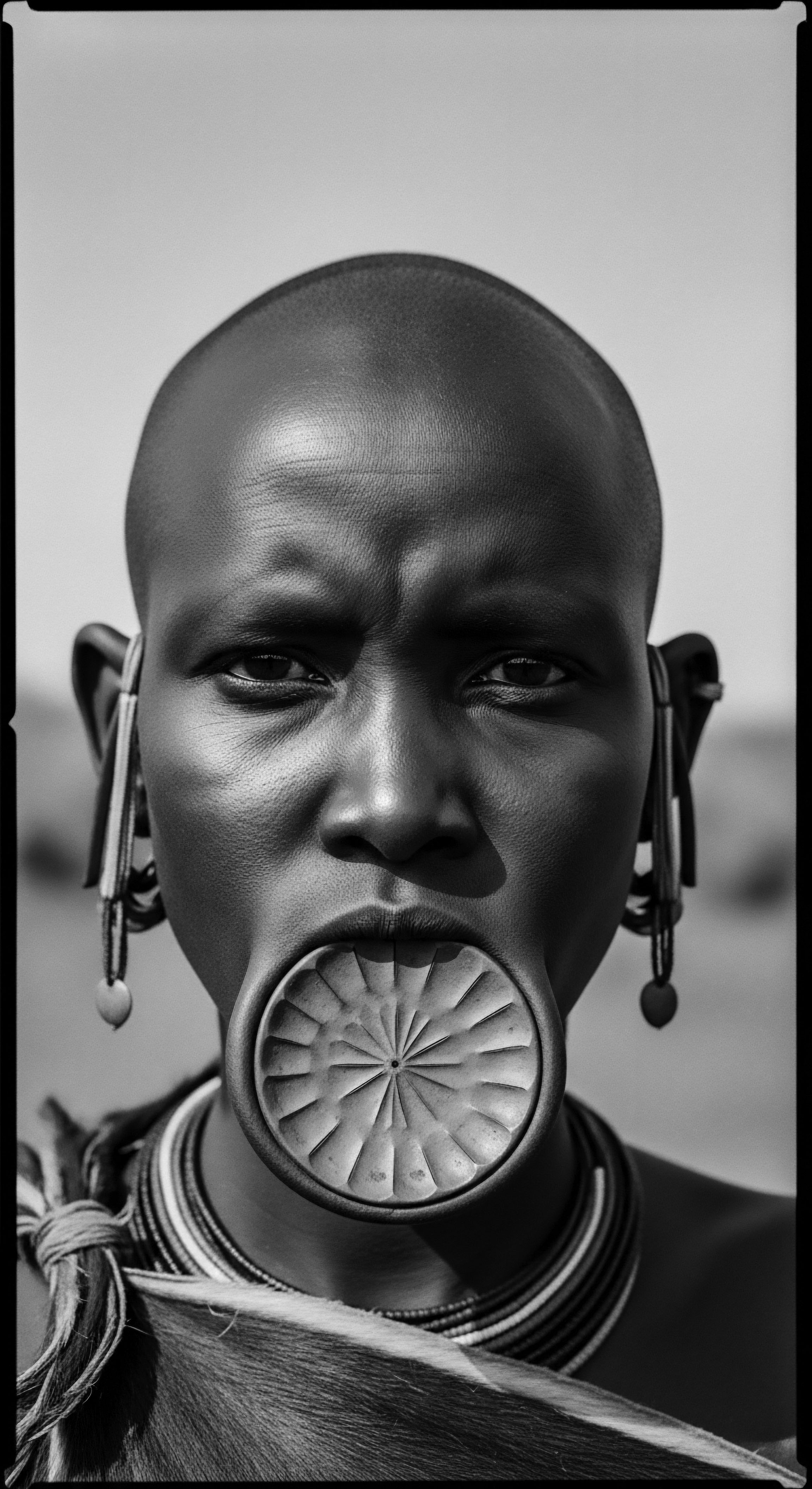
What Ancestral Practices Involving Amazonian Oils Influence Modern Textured Hair Care Resilience?
Ancestral Amazonian practices utilizing indigenous oils profoundly shape modern textured hair resilience through heritage-informed care.

Which African Plants Are Culturally Significant for Textured Hair Health?
African plants like shea and baobab hold deep cultural meaning, offering heritage-rich traditions for textured hair health and identity.
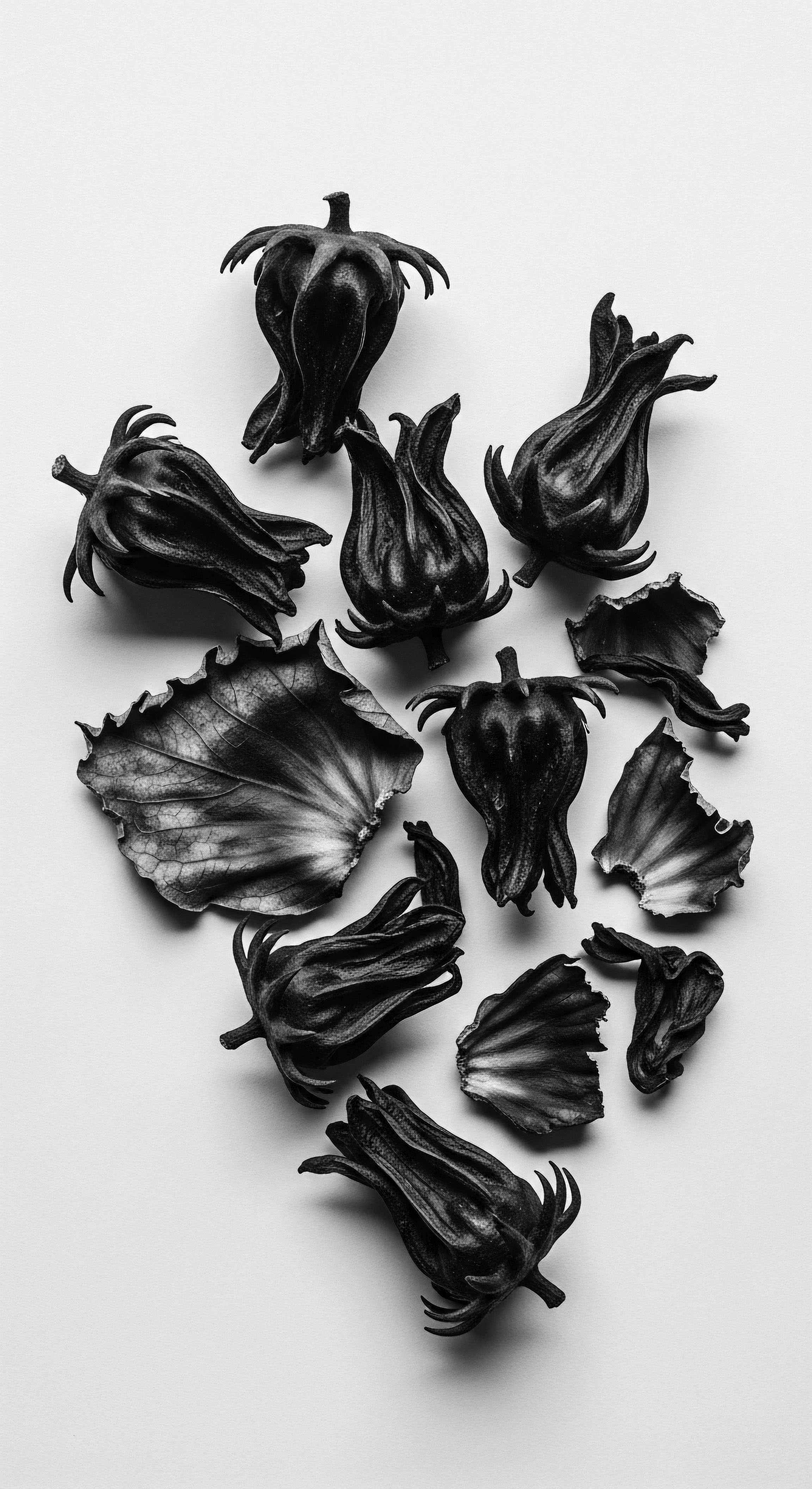
Did Ancestral Cleansing Methods Influence Contemporary Textured Hair Care?
Ancestral cleansing methods directly shaped contemporary textured hair care by emphasizing moisture retention, natural ingredients, and scalp health, rooted in deep heritage.

Can Modern Science Validate Ancient Hair Care Practices and Heritage?
Modern science confirms the efficacy of ancient textured hair practices, underscoring their enduring value and profound connection to heritage.
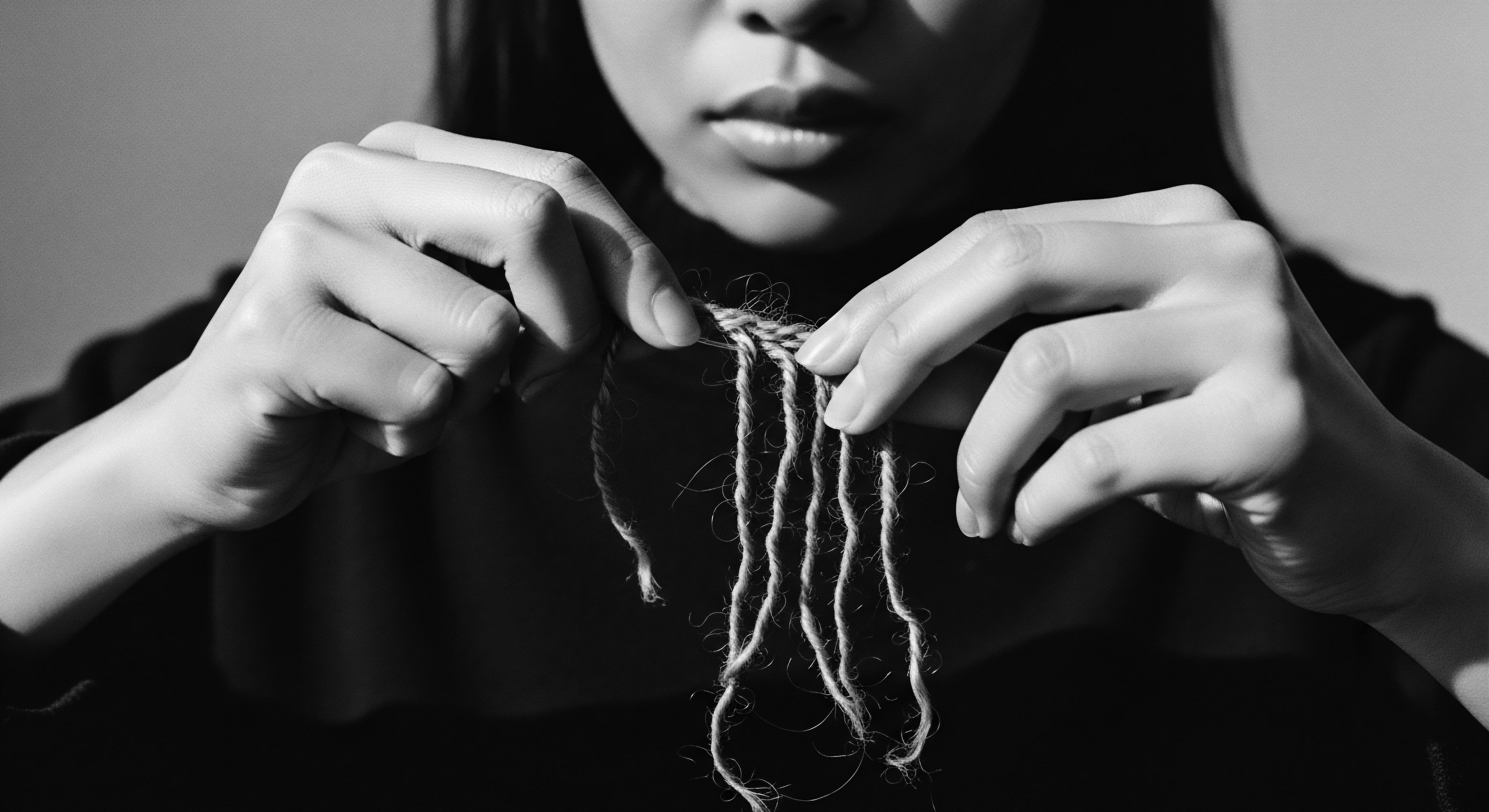
What Historical Oils Were Favored for Textured Hair?
Ancestral textured hair care favored oils like shea, castor, and baobab, symbolizing deep heritage and sustaining hair vitality.
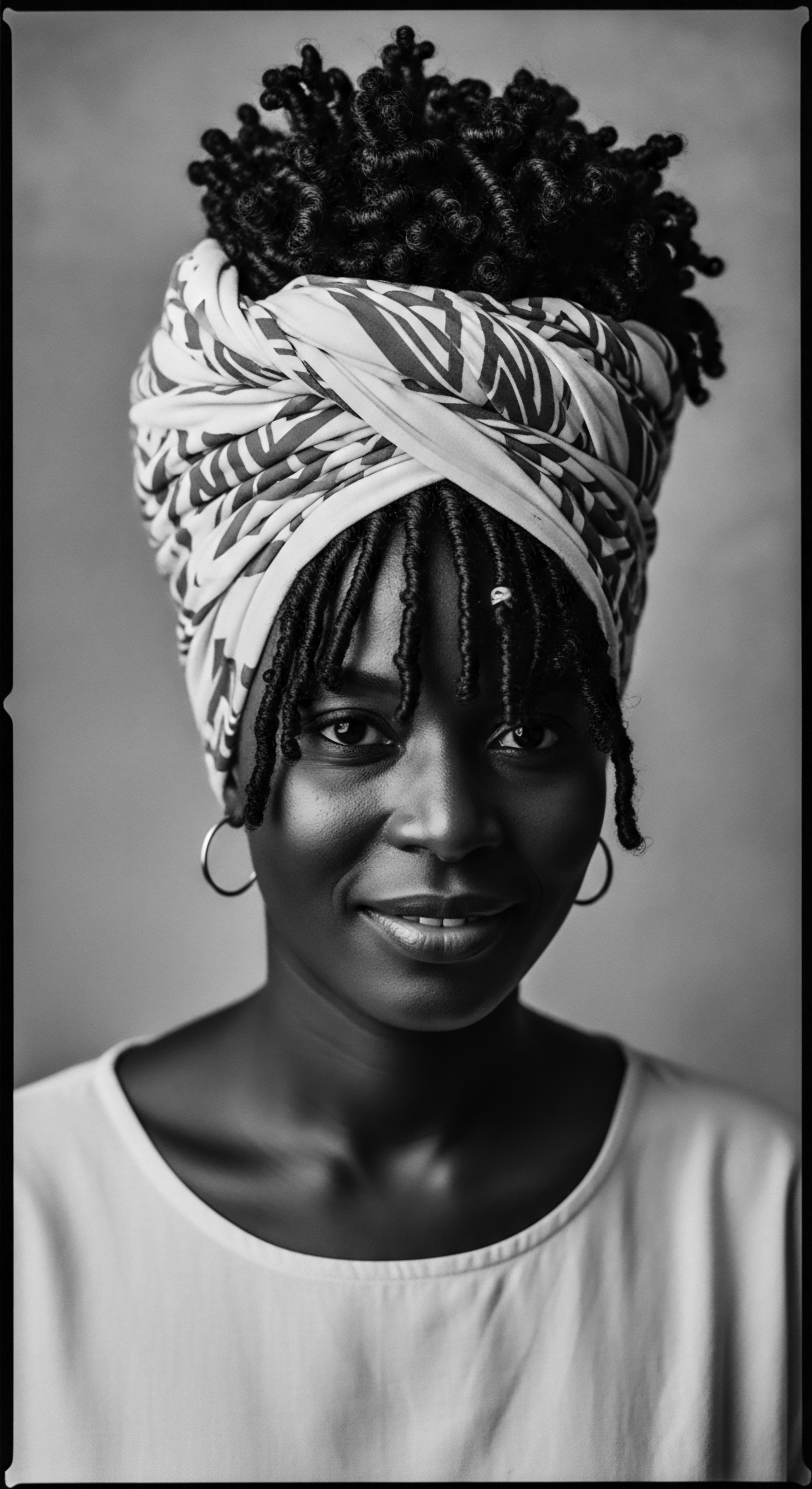
What Was the Spiritual Significance of Hair in African Heritage?
Hair in African heritage symbolizes a profound spiritual connection, serving as a conduit to ancestral wisdom and embodying cultural identity.

